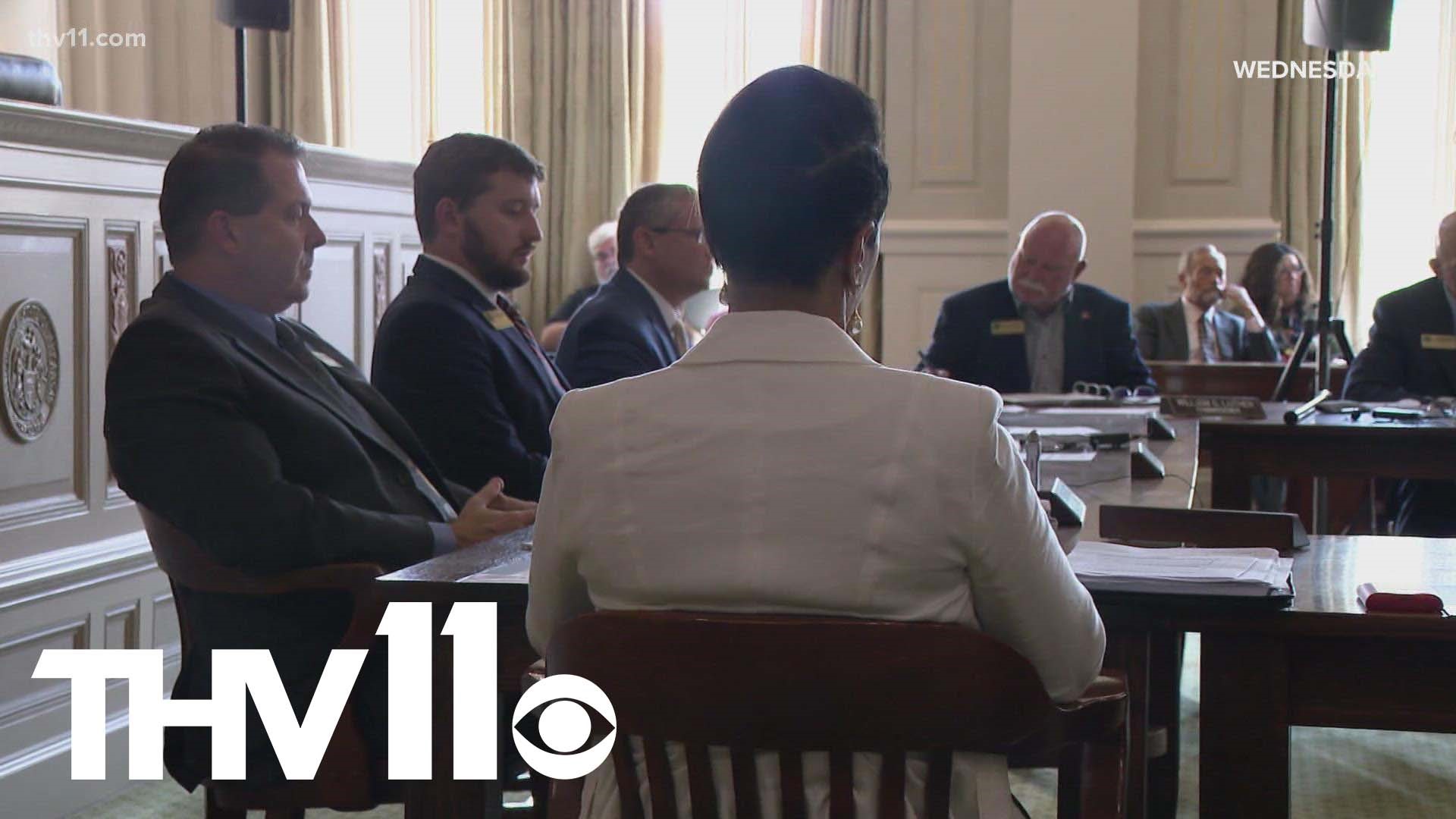LITTLE ROCK, Ark. — November is just around the corner, which means polling places are set to get busy again.
While there are some issues on the ballot every time you vote, have you ever stopped to think about how those issues got there in the first place?
For example, the issues with recreational marijuana and the Pope County casino were both denied by the state board of election commissioners on Wednesday.
Though they were denied, that doesn't mean the issues are done. They could appeal to the Arkansas Supreme Court – the lawyer for the group behind recreational marijuana said they have already planned on doing that.
Getting to this point is a long process though.
It used to be that those who were behind issues would have to bring their initiative to the Attorney General's office, where revisions would be made. Once that happened, signatures were then collected, and those were brought to the Secretary of State's office for certification.
That was the old process. The new process has those behind initiatives bring everything – both signatures and the ballot issue – forward all at once.
Signatures go to the Secretary of State's office for certification, and the issue then goes to the State Board of Election Commissions for discussion.
There is a tight turnaround from the Commission to November – they have from August to November for the Arkansas Supreme Court to decide.
"Could it be better if it was moved to a different time? Sure," Chris Madison, legal counsel for the Commission, said. "But I'm not in the legislature, I don't have that control."
Madison said that he knows an appeal over the issues is likely to happen.
"I gave my business card to the attorneys for the different sides and said, 'When you file your lawsuit, let me know and I'll accept service,'" Madison added.
It's another potential step in the process of getting an issue on the ballot.
Though you may have found yourself thinking that a lawsuit isn't a good thing – Madison would disagree.
"You're spending a lot of state resources and time on something that's never going to change the bar," he said. "Whereas here, you push the responsibility on the petitioner to work on getting it right."
In fact, while there's more work for those behind an issue to do, Madison said it's actually better for the state.
"The process can work, and we've seen that happen with everything over the last few years," Hardin said. "Medical marijuana, and then the casino amendment passed in 2018, along with many other items, so it can work."
Scott Hardin with the Department of Finance said it could be too soon to tell if the changed process is actually better.

